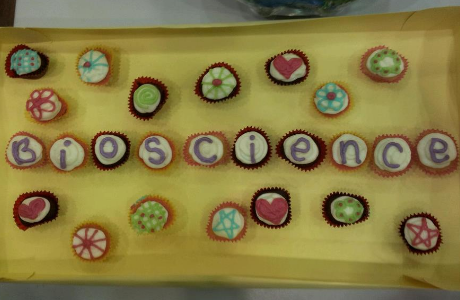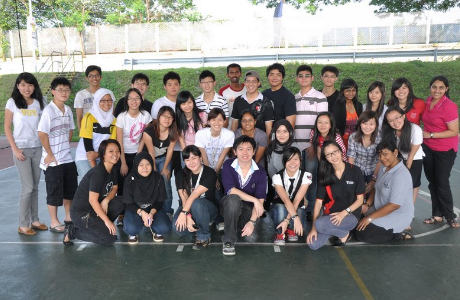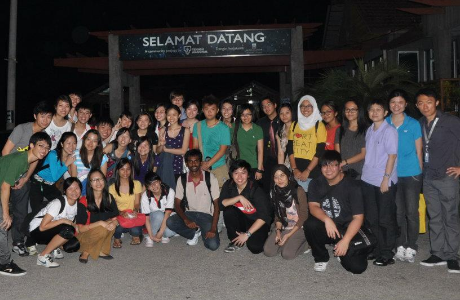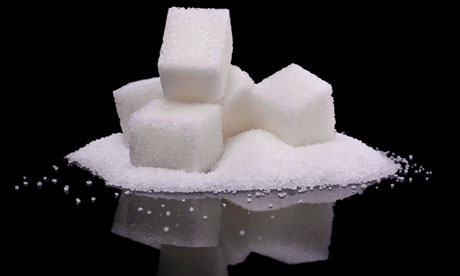We've always known all along that obesity is due to overloading of calories. But is it just really just because of our fat intake? This article explains it.
Excerpts from The Guardian:
Sugar – given to children by adults, lacing our breakfast cereals and a major part of our fizzy drinks – is the real villain in the
obesity epidemic, and not fat as people used to think, according to a leading US doctor who is taking on governments and the food industry.
Dr Robert Lustig, who was this month in London and Oxford for a series of talks about his research, likens sugar to controlled drugs. Cocaine and heroin are deadly because they are addictive and toxic – and so is sugar, he says. "We need to wean ourselves off. We need to de-sweeten our lives. We need to make sugar a treat, not a diet staple," he said.
"The food industry has made it into a diet staple because they know when they do you buy more. This is their hook. If some unscrupulous cereal manufacturer went out and laced your breakfast cereal with morphine to get you to buy more, what would you think of that? They do it with sugar instead."
As a paediatrician who specialises in treating overweight children in San Francisco, he has spent 16 years studying the effects of sugar on the central nervous system, metabolism and disease. His conclusion is that the rivers of Coca-Cola and Pepsi consumed by young people today have as much to do with obesity as the mountains of burgers.
It has been added to your diet, "kids have access" to it, and it is there in all sorts of foods that don't need it, he says. When high-fat foods were blamed for making us overweight, manufacturers tumbled over each other to produce low-fat products. But to make them palatable, they added sugar, causing much greater problems.
Cutting calories is not the answer because "a calorie is not a calorie". The effect of a calorie in sugar is different from the effect of a calorie in lean grass-fed beef. And added sugar is often disguised in food labelling under carbohydrates and myriad different names, from glucose to diastatic malt and dextrose. Fructose – contained in many different types of sugar – is the biggest problem, and high-fructose corn syrup, used extensively by food manufacturers in the US, is the main source of it.
It is not a case of eradicating sugar from the diet, just getting it down to levels that are not toxic, he says. The American Heart Association in 2009 published a statement, of which Lustig was a co-author, saying Americans consumed 22 teaspoons of it a day. That needs to come down to six for women and nine for men.
"That's a reduction by two thirds to three quarters. Is that zero? No. But that's a big reduction. That gets us below our toxic threshold. Our livers have a capacity to metabolise some fructose, they just can't metabolise the glut that we've been exposed to by the food industry. And so the goal is to get sugar out of foods that don't need it, like salad dressing, like bread, like barbecue sauce." There is a simple way to do it. "Eat real food."
Lustig's food advice
• Oranges. Eat the fruit, don't drink the juice. Fruit juice in cartons has had all the fibre squeezed out of it, making its sugars more dangerous.
• Beef. Beef from grass-fed cattle as in Argentina is fine, but not from corn-fed cattle as in the US.
• Coca-Cola, Pepsi and other sweetened beverages. These deliver sugar but with no nutritional added value. Water and milk are the best drinks, especially for children.
• Bread. Watch out for added sugar in foods where you would not expect it.
• Alcohol. Just like sugar, it pushes up the body's insulin levels, which tells the liver to store energy in fat cells. Alcohol is a recognised cause of fatty liver disease.
• Home-baked cookies and cakes. If you must eat them, bake them yourself with one third less sugar than the recipe says. Lustig says they even taste better that way.
Do you think you will be able to reduce your daily sugar intake? Read the whole article here.

















